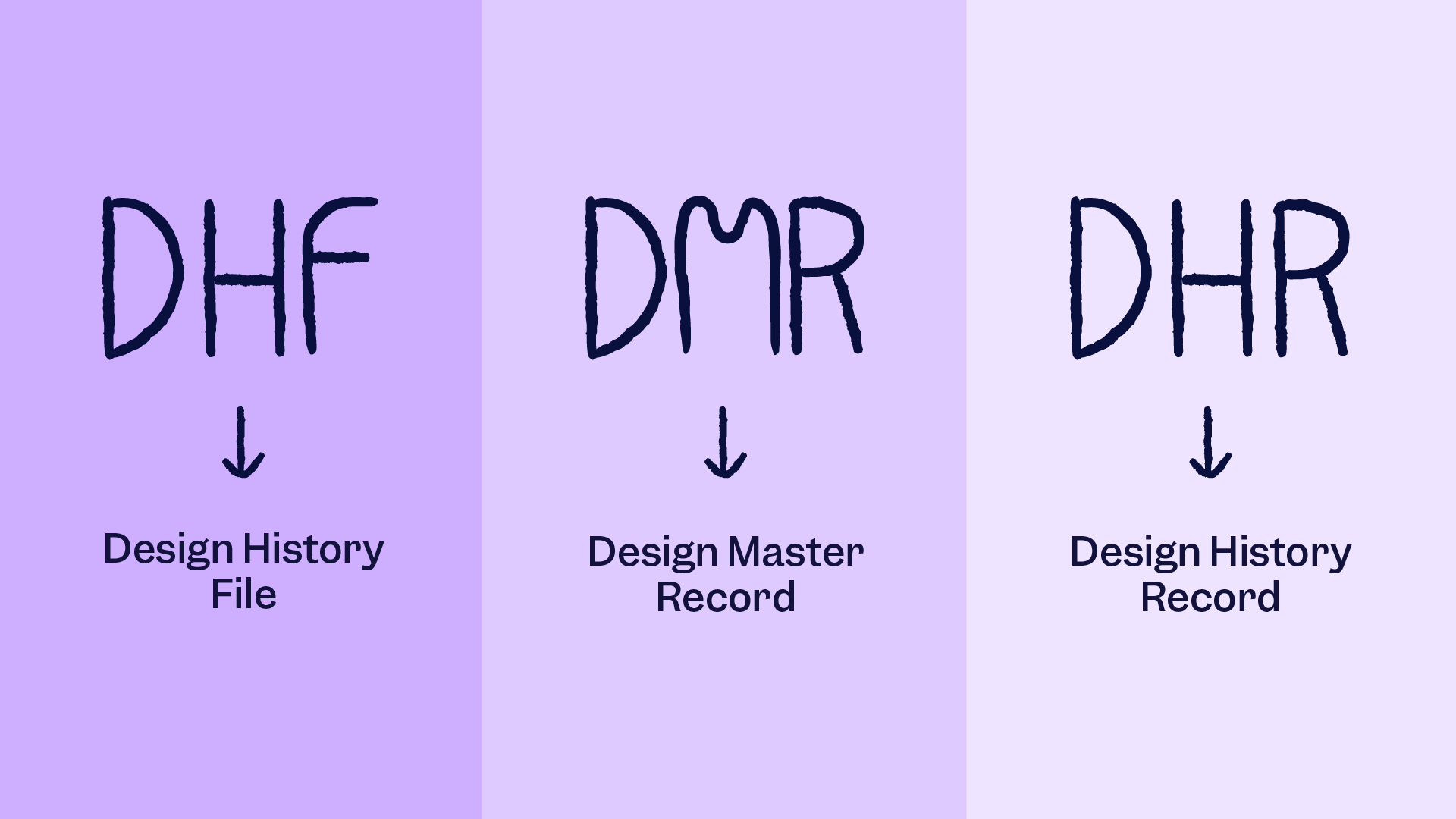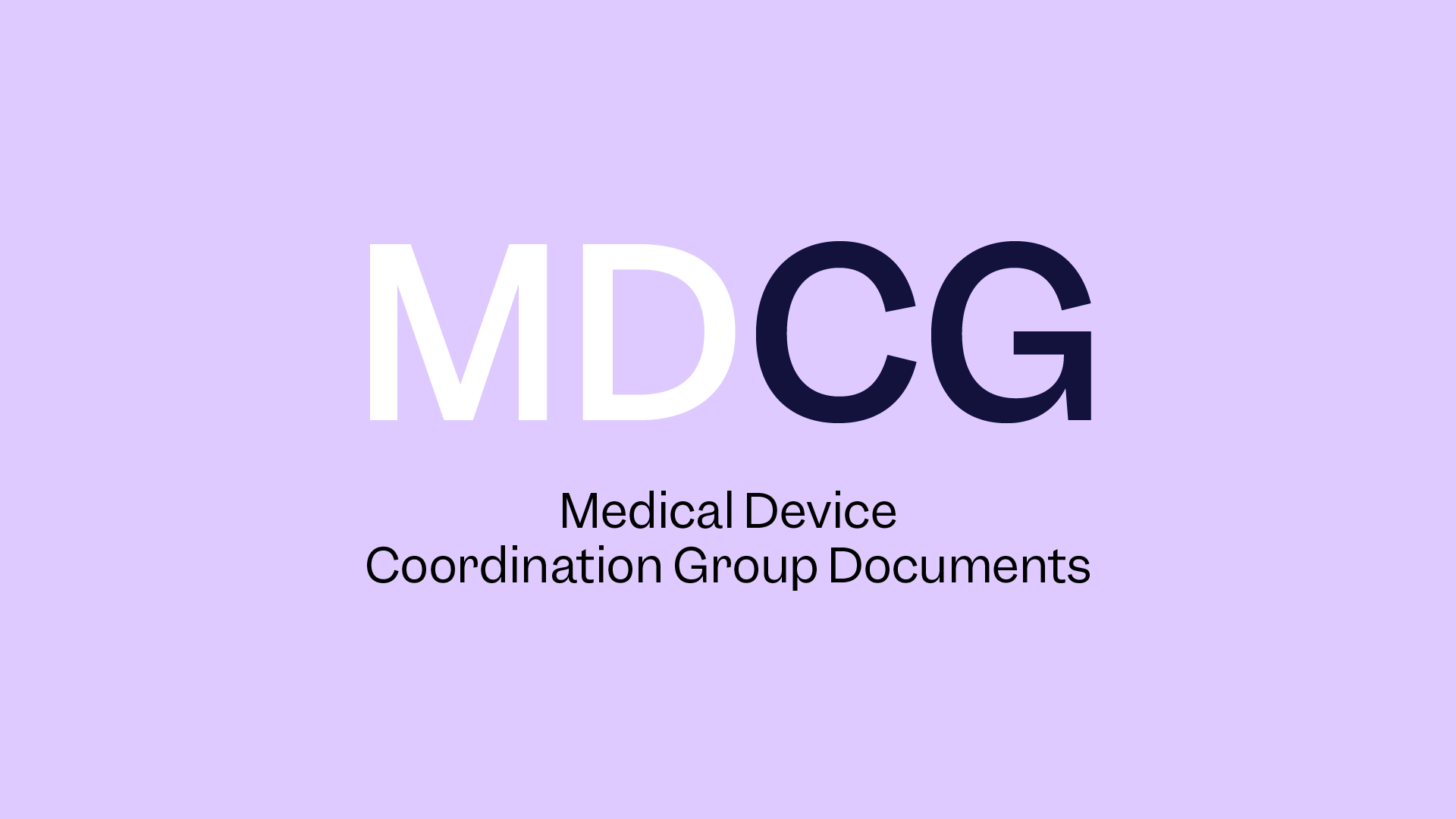
Managing your documents doesn’t have to feel like a never-ending nightmare. Good Documentation Practices, also known as GDP or GDocP, are essential to streamlining your document workflow, enhancing employee efficiency, and ensuring compliance with regulatory standards.
But what are Good Documentation Practices? Let’s take a closer look into how to master Good Documentation Practices, which will not only revolutionize your document management approach but keep your auditors smiling too!
But remember, most compliance gaps happen between functions, not within them. Spot risks before auditors do with our full GxP compliance in pharma guide.
How to master Good Documentation Practices with digitized document workflows, ALCOA and PIC/S
When considering how to master Good Documentation Practices, looking into proper digital document workflows is key. A document workflow is a structured sequence of tasks used to create, review, approve, and manage documents throughout their lifecycle, enhancing clarity, efficiency, completeness, accuracy, and collaboration.
It can be used for all kinds of documents, from managing SOPs, protocols, raw data, and reports to other quality documentation, as well as internal communications and inspections.
Common document workflow stages in GxP environments commonly go as follows:
Creation → Review and approval → Storage → Distribution and access → Retrieval → Change Management → Obsolescence

The ALCOA standards for data quality and integrity
To ensure these aforementioned requirements to master Good Documentation Practices, digitized document lifecycles need to follow the GDocP data integrity standards.
This guideline mandates that documentation and records should have the characteristics of being attributable, legible, contemporaneously recorded, original, and accurate, also known as ALCOA standards for data quality and integrity (ALCOA).

- Attributable means information generated or collected is traceable to the source so that it is uniquely identified as having been executed by the originator of the data (e.g., a person or computer system).
- Legible, traceable, and permanent refer to the need for data to be readable, understandable, and allow a clear picture of the sequencing of steps or events in the record. With this, all GxP activities conducted can be fully reconstructed by people reviewing these records at any point during the records retention period set by the applicable GxP.
- Contemporaneous refers to data that has been recorded at the time they are generated or observed.
- Original data includes its source capture or information recorded for the first time, and all subsequent data required to fully reconstruct the conduct of the GxP activity.
- Accurate means data is correct, truthful, complete, valid, and reliable.
The modern ALCOA standards for data quality and integrity: ALCOA+ and ALCOA++
Today, ALCOA+ and ALCOA++ extend those principles to cover additional dimensions necessary for full compliance and quality assurance. The added attributes include:
ALCOA+ principles include ALCOA principles and the following ones:
- Complete means all data, including rework, repetitions, retests, corrections, and audit trails must be included.
- Consistent means records must follow a chronological and logical sequence.
- Enduring means that records must be maintained and retrievable for the required retention period.
- Available means that records must be readily accessible for review/audit/inspection.
ALCOA++ principles include ALCOA & ALCOA+ principles and the following:
- Traceable means data is traceable throughout the data life cycle, including all changes made.
The PIC/S Guide to Good Manufacturing Practices for Medicinal Products
PIC/S Guide to Good Manufacturing Practices for Medicinal Products - Part 1 defines the key points on how to master Good Documentation Practices as follows:
- If there are handwritten entries, they should be made in a clear, legible, indelible way.
- Records should be made or completed when the action is taken and in such a way that all significant activities associated with the manufacture of medicinal products are traceable.
- If an alteration is needed to the entry on a document, it should be signed and dated; the alteration should allow reading of the original information. Where appropriate, the reason for the alteration should be recorded.
How to master Good Documentation Practices and stop clinging to the past
Sometimes managing documentation can be challenging in today’s rapidly changing world. From lost files to slow approval processes, traditional paper-based solutions create barriers to productivity and compliance.
You’ll be one step closer to finding a better solution that works by identifying these challenges.
Continuing on, you will learn how to master Good Documentation Practices with 7 essential methods.
1. Taming documentation chaos with an electronic QMS
In the pursuit of continuous improvement, a paper-based Quality Management System (QMS) often creates more issues than it solves in today’s business environment. Any alteration, big or small, consumes more time than is acceptable.
Additionally, the storage space required for paper-based systems is both unsustainable and chaotic. So, transitioning to an electronic QMS (or eQMS) is absolutely necessary.
This shift makes it easier to manage quality effectively and efficiently while reducing your carbon footprint. It also aligns with GDocP. All those benefits make the eQMS a wise investment.
2. How to define the quality records management hierarchy
Understanding the QMS pyramid model is pivotal before you define a hierarchical documentation structure within your QMS to master Good Documentation Practices.
A well-planned QMS resembles a pyramid, with five different levels interplay, with the quality policy and quality manual as its pinnacle.
Underneath, you’ll find different layers such as Standard Operating Procedures (SOPs, work instructions, and records. Understanding how these layers interact is key to developing a system where documents flow seamlessly.

This hierarchy allows for the intricate linking of documents as either parent or child documents, each playing a specific role within the system. SOPs, for instance, can be master documents containing relevant workflow instructions, embodying the essence of Good Documentation Practices.
3. Define applicable GDocP data integrity standards
Selecting the right GDocP data integrity standards and regulations before starting the implementation of a QMS is a key step in aligning with industry-specific requirements, a key step on how to master Good Documentation Practices.
Stay ahead by keeping up-to-date with FDA and ISO regulations relevant to life sciences. Knowing what’s expected will ensure you’re compliant, so you can focus on achieving your business goals.
You might consider the latest FDA and ISO regulations, such as:
FDA 21 CFR
- Part 11: Electronic records and electronic signatures
- Part 211: Drug and pharmaceutical manufacturing
- Part 820: Medical device manufacturing and distribution
ISO
- ISO 9001: QMS requirements
- ISO 13485: Medical devices QMS requirements for regulatory purposes
- ISO 14001: Environmental management system
- ISO 17025: Laboratory testing and collaboration
- ISO 14971: Risk management for medical devices
- ISO 31000: Risk management
Medical device regulations:
General Data Protection Regulation (GDPR)
GMP
ICH guidelines
- ICH Q7: GMP for APIs
- ICH Q10: Pharmaceutical Quality System
WHO guidelines
- WHO TRS 996 Annex 5: GDP in pharmaceutical manufacturing
GAMP & data integrity
- GAMP 5
(Second Edition, 2022) - MHRA GxP Data Integrity Guidance
- FDA CSA Draft Guidance (2022)
PIC/S
- PIC/S PE 009-16 (especially Chapters 4 and Annex 11)
4. How to master Good Documentation Practices with electronic records management workflows
A key step on how to master Good Documentation Practices is recognizing that traditional manual processes for handling documents (for example, the use of email or handing out printed documents) can lead to delays, loss of information, miscommunication, or even missed deadlines.
GDocP advocates for a built-in workflow within the document management system.
A well-designed eQMS includes an intuitive workflow that defines key processes such as drafting, reviewing, approving, distributing, accessing, storing, updating, and retaining documents, and a heck of a lot more.
The workflow built right into the document management system lets employees send documents (e.g., SOPs, deviations, CAPAs) to the right people with the click of a button.
During the definition step of an electronic document management process, a clear definition of the main workflows is essential. Here are some important questions to ask to ensure Good Documentation Practices:
- Who will draft the documents?
- Who will review the different types of documents?
- Who will have the final authority to approve the documents?
- How will the documents be distributed?
- Who will have access to each type of document?
- How long will the documents be retained?
- How often will the documents be updated?
- How long is the substituted document retention period?
Implementing an eQMS is an opportunity to streamline these processes and simplify or discard manual tasks that don’t add value.
Expert tips and best practices for GDocP data integrity standards
If you want further information on GDocP for electronic systems, you can check out this short course on “Good Documentation Practices for Electronic Systems”:
But don’t worry, just in case you are short on time, we have extracted 10 key best practices and tips on GDocP data integrity standards from the video:
Tip #1 System alignment:
There are quality and documentation systems for all shapes and sizes. Research different systems’ tools, integration levels, and security settings, and choose one (paper-based, hybrid, or electronic) that fits your company’s complexity and resources specifically.
Tip #2 Validate your system:
Ensure that your chosen documentation system is fit for purpose, functions as intended, and complies with regulatory standards, especially GxP, GAMP 5, and FDA/EMA.
Tip #3 Prevent data tampering:
Assign access only to trained personnel with proper credentials for creating, editing, and approving documented information. For instance, prevent data tampering by restricting users' ability to modify or disable audit trails.
Tip #4 Steer clear of sticky notes:
Never use unofficial documents, like sticky notes and such, for temporary data recording.
Tip #5 Back up your data:
Always back up data to remote or cloud locations regularly and test restoration procedures.
Tip #6 Perform risk assessments:
On all data flows, from sample reception to batch release. Equally important, evaluate automation vs. manual handling to avoid human error.
Tip #7 Document all changes:
Use timestamps, usernames, and justifications (audit trail), and always maintain document version control with clear status (approved, superseded, obsolete).
Tip #8 Hybrid system cross-checks:
If you are using a hybrid system, cross-check paper and electronic versions to ensure consistency.
Tip #9 Always have contingency plans:
Like at least two separate backups (e.g., cloud + physical medium), disaster recovery plans, and emergency operation plans.
Tip #10 Compliance for US companies:
If your company is US-based, ensure compliance with 21 CFR Part 11 if using electronic records and signatures instead of paper.
Watch the whole video for more tips and best practices!
5. Banish signature compliance risks with electronic signatures
Electronic signatures are modern-day marvels in the world of GDocP, so forget pen and paper!
They minimize the risk of unauthorized changes, forgeries, or undersigning, ensuring that documents remain secure and legally binding.
Their application meets current security requirements and protects businesses from potential legal or compliance pitfalls, making them an essential component of contemporary documentation management.
Recommended learning: Master Good Documentation Practices by choosing a 21 CFR Part 11 compliant QMS.
6. Cloud-based systems for scalability, collaboration and security
Migrating to a cloud-based QMS is another significant step towards aligning with GDocP.
The cloud-based system offers scalability, real-time collaboration, universal accessibility, and adds a layer of protection against data loss through standalone hardware failure, which makes it a preferred option for businesses today.
Additionally, there are unquestionable savings on infrastructure and maintenance, so it’s a win-win! By moving to the cloud, businesses can save up to 40%, providing both economic and functional benefits.
7. A smooth and user-friendly transition from paper to electronic
Last but not least, organizations will have higher employee satisfaction when they use user-friendly, attractive, and effective digital tools.
The transition from paper to electronic must be smooth and engaging, encouraging your team to embrace this change. A system that’s easy to navigate promotes a culture of efficiency and accountability.
Next, let’s look at how easily an eQMS can integrate into your existing operations for document management, events, CAPAs, training, risk assessments, audits, and more.
When making a change from paper to electronic, you must encourage the entire team to buy in and create efficiency in the document management process.
Bonus: How to master Good Documentation Practices? Roadmap to transitioning to an eQMS
After reading all of these methods on how to master Good Documentation Practices, are you ready to implement an eQMS to manage your quality tasks and documentation? Here are the necessary steps to do so:
- Assessment: Evaluate current processes and identify areas for improvement.
- Selection: Choose the right eQMS that aligns with your needs.
- Implementation: Plan and execute the transition with clear timelines.
- Training: Educate your team to ensure smooth adoption.
- Review: Continuously monitor and refine the system for ongoing success.
Recommended learning: Everything you need to know about eQMS implementation and real success stories of organizations that’ve made the transition!
What’s next on your GDocP checklist?
Good Documentation Practices are not just about ticking boxes for compliance; it’s an intricate part of your company’s backbone.
Mastering these seven strategies will help you forge a path that’s efficient, secure, and you can transcend traditional barriers and cultivate a documentation ecosystem that is robust, flexible, and aligned with modern-day needs.
Learn how effortlessly an eQMS can integrate into your existing operations for document management, events, CAPAs, training, risk assessments, audits, and more.
Embrace these Good Documentation Practices and take the first step towards a more agile, responsive, and compliant future for your organization.
Discover how Scilife Smart QMS software can simplify the document control process!









